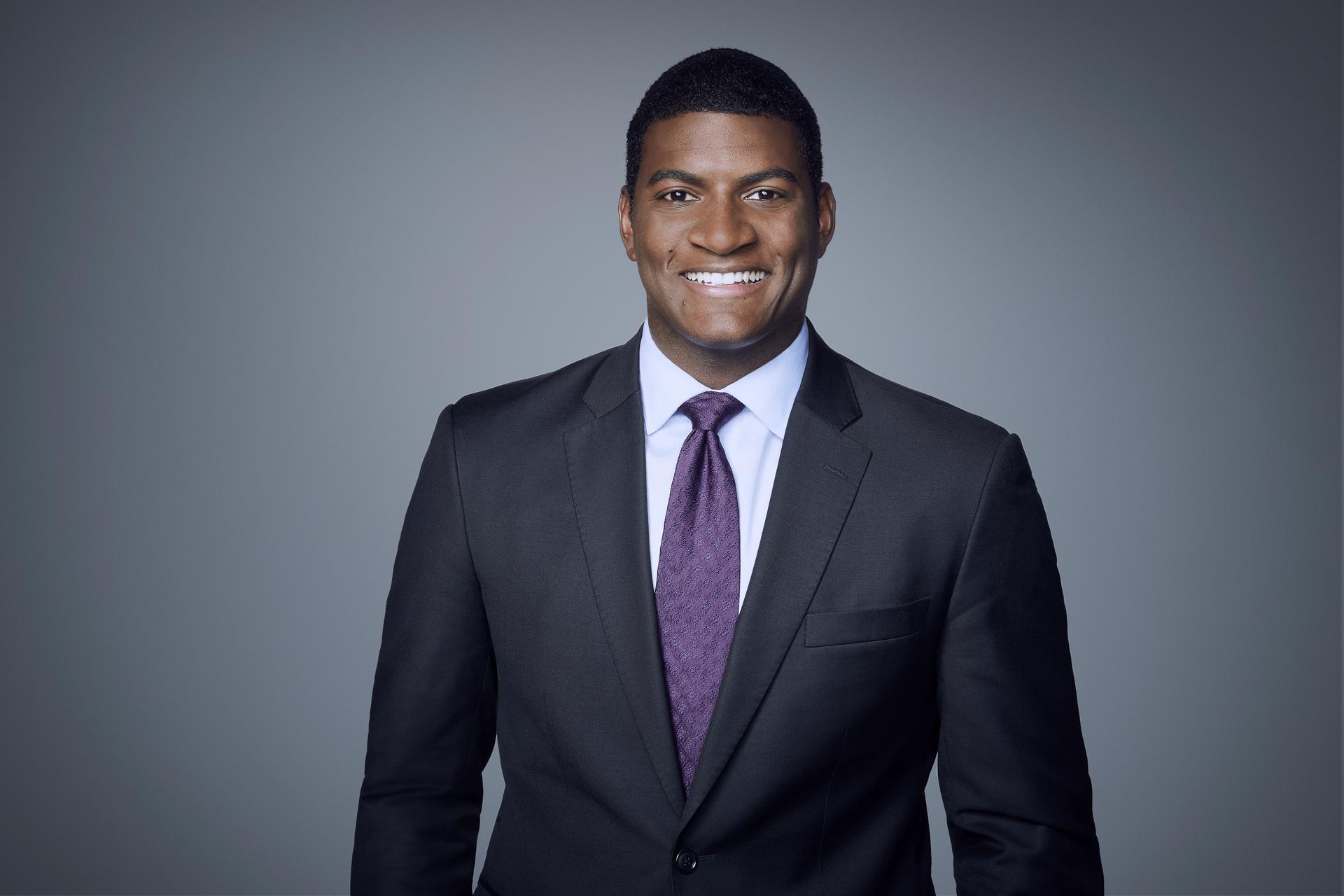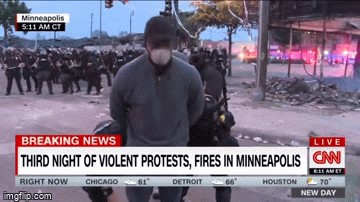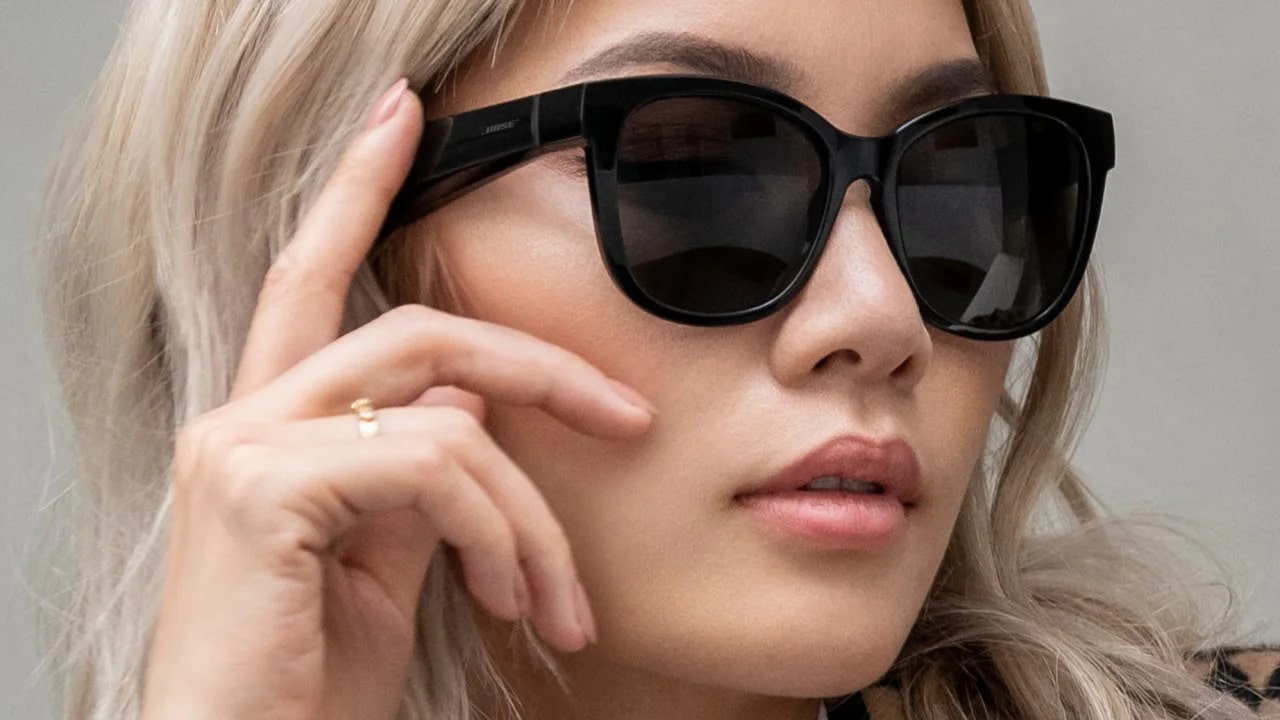"Don't be afraid to get outside your comfort zone sometimes. I've found that some of the most rewarding experiences have come from pushing through to the other side of fear."
That advice comes from CNN correspondent Omar Jimenez, who helped the network win an Emmy for its coverage of the death of George Floyd in 2020. While in Minneapolis covering the protests, Jimenez and his team were handcuffed and detained live on air by Minnesota State Patrol. They were held for a little over an hour before they were released and could return back to coverage.
The Afro-Latino journalist said that experience is one of many reasons why it's become so important for him to show fellow minorities that there are people who look like them in the spaces they want to be in.
"I've learned one of the biggest things I can do is just be visible and lead by example," Jimenez said.
We recently chatted with Jimenez about his career and learned some surprising details about his life outside of work. Here's what he told us:
What led you to pursue a career in TV news?
It all started with sports. I loved watching the anchors break down the latest highlights and interview some of the greatest athletes on the planet. That's what began my love with the medium of video and television. However, once I started actually covering sports in college, I realized I hated essentially having to do homework just to watch a football game. So I expanded my horizons and started covering more general news, and fell in love with building relationships with people I wouldn't ordinarily meet, along with ending up in places I had never been. There's such a powerful element of storytelling you get from TV that you can't get from words on a page.
You won your first News & Documentary Emmy Award in 2021 for your work covering the death of George Floyd. Describe what that meant to you.
It's a conflicting celebration for me, because while it truly is an honor to be recognized for our work, we were covering a story that was centered on a man who was murdered by a police officer in the street. The name of the story imprinted on the Emmy includes his name, George Floyd. So now whenever I look at it, the shine of the heavy trophy catches my initial attention but the words on it are a humbling reminder of the weight of the stories our reporting often touches — one that should never be taken for granted.
During your live shot on the continued protests in Minneapolis, you and CNN's crew were arrested by the Minnesota State Patrol. What were you thinking as that moment unfolded?
I was so shocked that I had to ask them to repeat "you're under arrest," and sure enough, they followed through with the action — despite never saying why or asking for a clear identification of who we were. As I was led away, I still had my earpiece in so I could hear our anchors reacting on air in real time. Throughout the entire interaction, this was one of the only times a little fear set in; I was being led away from the camera and my crew, who were essentially my witnesses. I truly wasn't sure what was going to happen next.






Đăng nhận xét